About Us
Our Team
 Thomas Abt is the VRC’s Founding Director and an associate research professor in the Department of Criminology and Criminal Justice. Abt teaches, studies, and advises on the use of evidence-informed approaches for reducing violence in the United States and globally. He is the author of Bleeding Out: The Devastating Consequences of Urban Violence - and a Bold New Plan for Peace in the Streets. Abt’s work is cited in academic journals and featured in media outlets including the Atlantic, Economist, New Yorker, New York Times, Washington Post, Wall Street Journal, CBS, CNN, MSNBC, PBS, and National Public Radio. His TED talk on community violence has been viewed more than 200,000 times.
Thomas Abt is the VRC’s Founding Director and an associate research professor in the Department of Criminology and Criminal Justice. Abt teaches, studies, and advises on the use of evidence-informed approaches for reducing violence in the United States and globally. He is the author of Bleeding Out: The Devastating Consequences of Urban Violence - and a Bold New Plan for Peace in the Streets. Abt’s work is cited in academic journals and featured in media outlets including the Atlantic, Economist, New Yorker, New York Times, Washington Post, Wall Street Journal, CBS, CNN, MSNBC, PBS, and National Public Radio. His TED talk on community violence has been viewed more than 200,000 times.
Abt also serves as a Senior Fellow with the Council on Criminal Justice in Washington, DC, where he serves on its Crime Trends Working Group. Previously he chaired CCJ’s Violent Crime Working Group, a diverse group of leaders dedicated to addressing the most pressing challenges concerning crime, violence, and justice. Prior to the Council, he worked as a Senior Fellow at the Harvard Kennedy and Law Schools.
Before Harvard, Abt served as Deputy Secretary for Public Safety to Governor Andrew Cuomo in New York, where he oversaw all criminal justice, homeland security, and emergency management agencies. During his tenure, he led the development of New York’s GIVE (Gun-Involved Violence Elimination) Initiative, which employs evidence-based, data-driven approaches to reduce gun violence.
Before New York, Abt served as Chief of Staff to the Office of Justice Programs at the U.S. Department of Justice, where he worked with the nation’s principal criminal justice grant-making and research agencies to integrate evidence, policy, and practice. While there, Abt played a lead role in establishing the National Forum on Youth Violence Prevention, a network of federal agencies and local communities working together to reduce youth and gang violence.
Over the course of his career, Abt has advised hundreds of public officials on the use of evidence-informed anti-crime strategies, both domestically and abroad.
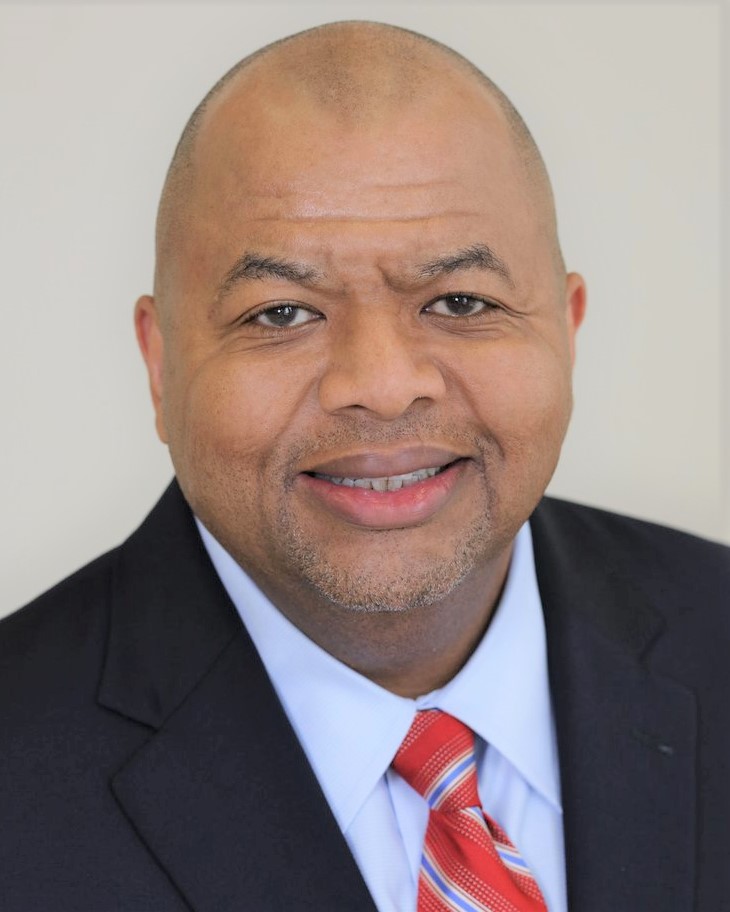 Rod Brunson provides the VRC with strategic guidance and assistance. A Professor of Criminology, Brunson is an award-winning scholar, prolific author, and sought after speaker who is widely known for his expertise regarding the impact of concentrated neighborhood disadvantage, police-community relations, qualitative research methods, and youth violence – specifically, youths’ experiences in neighborhood contexts, with a special focus on the interactions of race, class, and gender, and their relationship to criminal justice practices. He is also a Fellow of the American Society of Criminology.
Rod Brunson provides the VRC with strategic guidance and assistance. A Professor of Criminology, Brunson is an award-winning scholar, prolific author, and sought after speaker who is widely known for his expertise regarding the impact of concentrated neighborhood disadvantage, police-community relations, qualitative research methods, and youth violence – specifically, youths’ experiences in neighborhood contexts, with a special focus on the interactions of race, class, and gender, and their relationship to criminal justice practices. He is also a Fellow of the American Society of Criminology.
Brunson has published more than fifty articles, book chapters, and essays on criminal justice policies and crime control practices. His scholarship appears in numerous prominent academic journals such as Crime & Delinquency, Criminology, Criminology & Public Policy, the Journal of Quantitative Criminology, Justice Quarterly, Sociological Quarterly, and the Urban Affairs Review. He is the recipient of multiple prestigious awards, including the New Scholar Award, American Society of Criminology, Division on People of Color and Crime, 2008 and the Tory J. Caeti Outstanding Young Scholar Memorial Award, Academy of Criminal Justice Sciences, Juvenile Justice Section, 2010.
 Sara-Laure Faraji is a research associate at the VCR and a doctoral candidate in the Department of Criminology and Criminal Justice at the University of Maryland. Faraji obtained a BA and MS in Criminology from the University of Pennsylvania, earning the Excellence in Applied Criminology Award for her master’s thesis on the impact of homeless shelters on crime rates in surrounding areas, before working as a quantitative analyst at RAND Corporation. Her research interests lie in studying the effects of laws, policies, and programs on crime and the criminal justice system. Through her work, Faraji aims to inform policy to improve public safety and make the criminal justice system more equitable.
Sara-Laure Faraji is a research associate at the VCR and a doctoral candidate in the Department of Criminology and Criminal Justice at the University of Maryland. Faraji obtained a BA and MS in Criminology from the University of Pennsylvania, earning the Excellence in Applied Criminology Award for her master’s thesis on the impact of homeless shelters on crime rates in surrounding areas, before working as a quantitative analyst at RAND Corporation. Her research interests lie in studying the effects of laws, policies, and programs on crime and the criminal justice system. Through her work, Faraji aims to inform policy to improve public safety and make the criminal justice system more equitable.
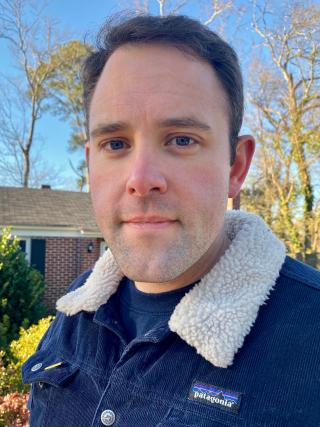 Richard Hahn is a PhD candidate in the Department of Criminology and Criminal Justice. Prior to his studies at the University of Maryland, he was a research scholar at New York University's Marron Institute of Urban Management, where he was also executive director of the Crime & Justice Program for three years. While at NYU, Richard worked on a variety of projects, primarily in the fields of custodial and community corrections, reentry, policing, and drug misuse prevention. His research focused on experimental evaluations of emerging programs and practices, though he also frequently served as a policy consultant on national, state, and local agencies, including the United States Department of State, the Executive Chamber of the State of New York, the Maryland Medical Cannabis Commission, and the Kings County (Brooklyn) District Attorney, among others.
Richard Hahn is a PhD candidate in the Department of Criminology and Criminal Justice. Prior to his studies at the University of Maryland, he was a research scholar at New York University's Marron Institute of Urban Management, where he was also executive director of the Crime & Justice Program for three years. While at NYU, Richard worked on a variety of projects, primarily in the fields of custodial and community corrections, reentry, policing, and drug misuse prevention. His research focused on experimental evaluations of emerging programs and practices, though he also frequently served as a policy consultant on national, state, and local agencies, including the United States Department of State, the Executive Chamber of the State of New York, the Maryland Medical Cannabis Commission, and the Kings County (Brooklyn) District Attorney, among others.
At the University of Maryland, Richard focuses his research on corrections and reentry outcomes, behavioral management strategies, and the collateral consequences of justice involvement. In addition to his work at UMD, Richard is an affiliated Senior Fellow at the Niskanen Center in Washington, DC.
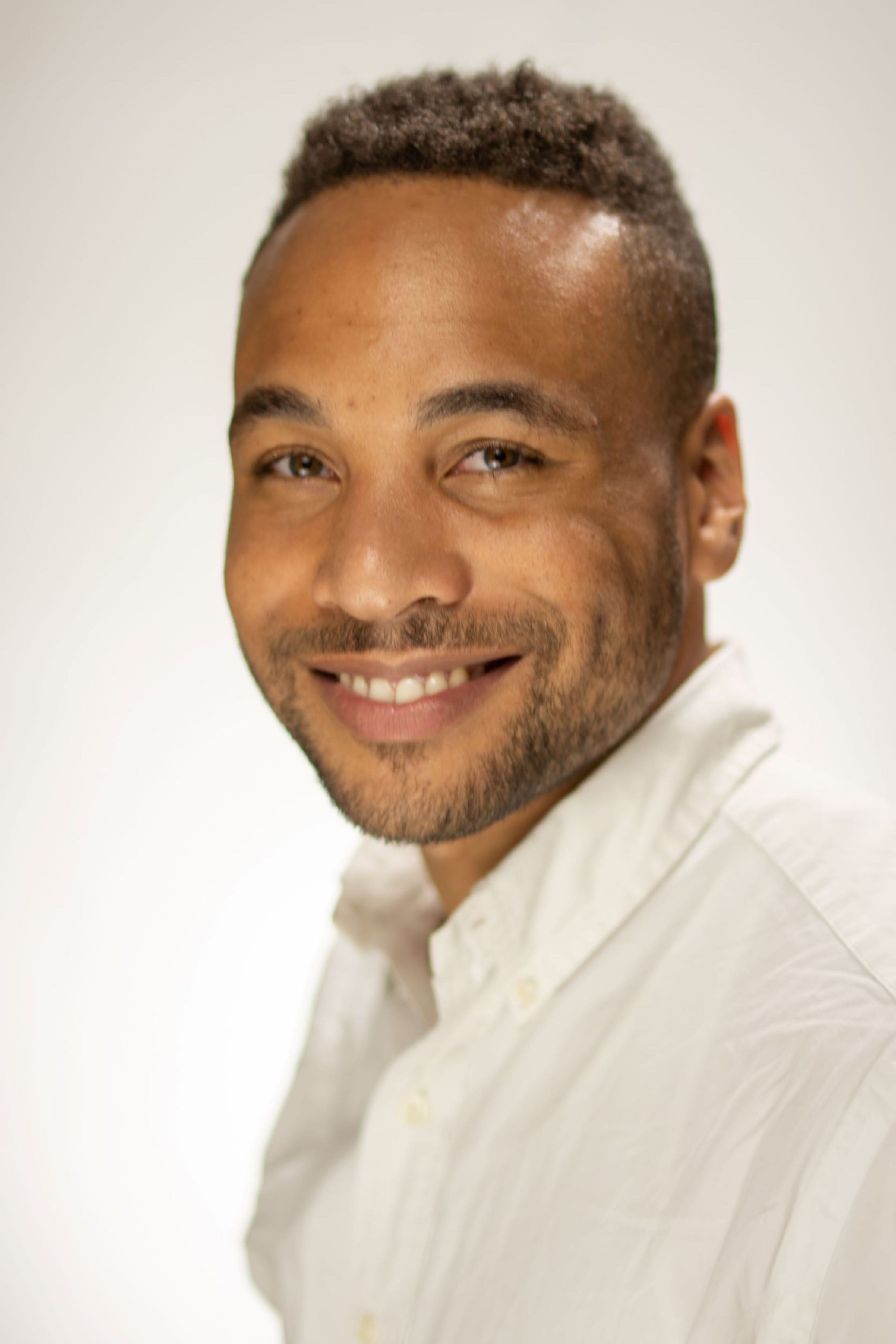 Geoffrey Harrison is a research associate and a doctoral student in the Department of Clinical and Community Psychology at the University of Maryland Baltimore County. He also has his Masters in Social Work degree from the University of Maryland, Baltimore. Harrison has done clinical work with a variety of populations and communities, such as substance use, college students, and legally involved individuals. He has also executed and contributed to research pertaining to substance use, recidivism, social justice, future orientation, resilience, social support, and sense of community.
Geoffrey Harrison is a research associate and a doctoral student in the Department of Clinical and Community Psychology at the University of Maryland Baltimore County. He also has his Masters in Social Work degree from the University of Maryland, Baltimore. Harrison has done clinical work with a variety of populations and communities, such as substance use, college students, and legally involved individuals. He has also executed and contributed to research pertaining to substance use, recidivism, social justice, future orientation, resilience, social support, and sense of community.
 Diomand Henry is a program associate at the VRC and a third year doctoral student in the Department of Criminology and Criminal Justice at the University of Maryland. She obtained a BS in Psychology and Peace Justice and Human Rights from Haverford College in 2018. Prior to arriving to UMD, she worked non-profit sector in positions centering on the criminal justice system. At UMD, Diomand works with Rod Brunson as a Graduate Assistant on his project centering around reentry in Boston. She previously worked as a TA for his undergraduate seminar “Police-Community Relations.” Her research interests lie at the intersection of race, immigration and reentry.
Diomand Henry is a program associate at the VRC and a third year doctoral student in the Department of Criminology and Criminal Justice at the University of Maryland. She obtained a BS in Psychology and Peace Justice and Human Rights from Haverford College in 2018. Prior to arriving to UMD, she worked non-profit sector in positions centering on the criminal justice system. At UMD, Diomand works with Rod Brunson as a Graduate Assistant on his project centering around reentry in Boston. She previously worked as a TA for his undergraduate seminar “Police-Community Relations.” Her research interests lie at the intersection of race, immigration and reentry.
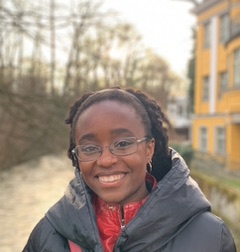 Grace Magori is a program associate at the VRC. She is currently a senior at UMD working towards a bachelor’s degree in Criminology and Criminal Justice. Grace is also currently working with START (UMD’s National Consortium for the Study of Terrorism and Responses to Terrorism), where she assists researchers in improving the PIRUS (Profiles of Individual Radicalization in the United States) dataset for the 'Understanding Domestic Radicalization' project. Her interests lie mainly in community-led initiatives to improve safety and security, as well as curbing ideologically-motivated violence.She hopes to continue her education by pursuing a master’s degree in criminology.
Grace Magori is a program associate at the VRC. She is currently a senior at UMD working towards a bachelor’s degree in Criminology and Criminal Justice. Grace is also currently working with START (UMD’s National Consortium for the Study of Terrorism and Responses to Terrorism), where she assists researchers in improving the PIRUS (Profiles of Individual Radicalization in the United States) dataset for the 'Understanding Domestic Radicalization' project. Her interests lie mainly in community-led initiatives to improve safety and security, as well as curbing ideologically-motivated violence.She hopes to continue her education by pursuing a master’s degree in criminology.
.jpeg) Ayush Mishra is a program associate at the VRC. He is currently a freshman at UMD pursuing a bachelor’s degree in Criminology and Criminal Justice as well as a Bachelor’s degree in Computer Science. Ayush also serves on Maryland's Mock Trial team, where he competes in tournaments across the nation. Ayush previously spoke about life imprisonment for juvenile offenders at a national youth summit. His interests lie in effectively addressing community and gun violence. He hopes to continue his education after graduation by pursuing law school.
Ayush Mishra is a program associate at the VRC. He is currently a freshman at UMD pursuing a bachelor’s degree in Criminology and Criminal Justice as well as a Bachelor’s degree in Computer Science. Ayush also serves on Maryland's Mock Trial team, where he competes in tournaments across the nation. Ayush previously spoke about life imprisonment for juvenile offenders at a national youth summit. His interests lie in effectively addressing community and gun violence. He hopes to continue his education after graduation by pursuing law school.
Our Supporters

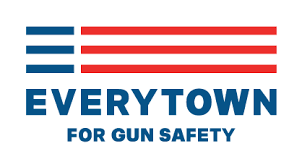
_0.png)


Other Violence-Related Work at UMD
The 120 Initiative, launched by the Consortium of Universities of the Washington Metropolitan Area, seeks to advance promising, actionable solutions to reduce gun violence in the United States.
The Center for Substance Abuse, Addiction, and Health Research (CESAR) at the University of Maryland, College Park addresses behavioral health outcomes related to substance use, educating policymakers, practitioners, and the general public about prevention and treatment.
The Maryland Crime Research and Innovation Center (MCRIC) at the University of Maryland, College Park provides research and data analysis to inform crime reduction strategy and policy to help make Maryland communities safer.
The Prevent Gun Violence: Research, Empowerment, Strategies and Solutions (PROGRESS) initiative at the University of Maryland, College Park is designed to reduce firearm-related violence and promote safe homes and communities using a multi-disciplinary, community-based and translational science approach.
The University of Maryland, Baltimore Center for Violence Prevention conducts participatory research, provides education, and advocates for policies to strengthen Baltimore’s communities and prevent violence.
The Violence Prevention Programs at the University of Maryland Medical Center works to reduce the frequency and the severity of recidivism for violent injury and criminal activity among persons living in and around Baltimore City.

